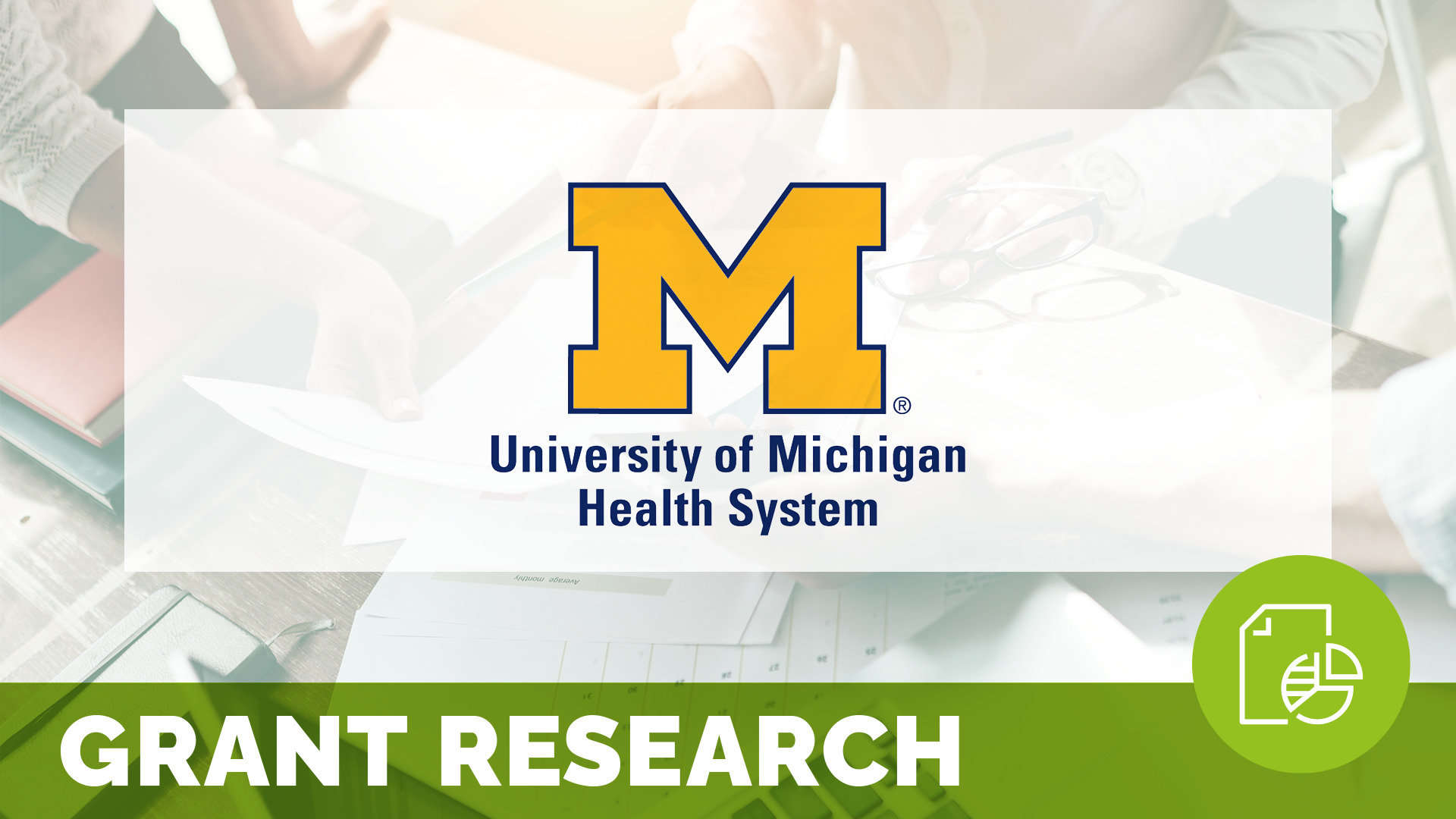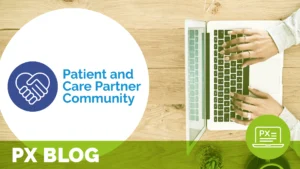The Interdisciplinary Model: An Effective Approach to Patient Family-Centered Healthcare at a Tertiary Care Specialty Brachial Plexus Program
Published July 5, 2016


University of Michigan’s Neonatal Brachial Plexus Palsy (NBPP) Program was designed with the vision and mission to better the lives of patients with NBPP and to provide the best interdisciplinary care through collaboration, teaching and innovation while employing the principles of patient family-centered care. This study surveyed fifty NBPP patients and families to evaluate the program’s strengths, weaknesses and opportunities for improvement of patient experience in caring for NBPP patients.
Related content
-
Patient Family & Community Engagement
Hope for Healthcare
Published December 17, 2024

Members of The Beryl Institute’s Global Patient and Family Advisory Board wish you happy holidays. As 2024 draws to a close, we asked our members to jot down their hopes for healthcare as we welcome the upcoming new year. Tony Serge: My hope for healthcare is for leadership, providers, and staff to work together with
Learn more -
Patient Family & Community Engagement | Staff & Provider Engagement
Co-Creating Change Using Storytelling
Published January 14, 2025

During this webinar members of the Global Patient and Family Advisory Board (GPFAB) will demonstrate how telling stories instead of creating guidelines for healthcare professionals will improve patient outcomes. The GPFAB has created a unique storytelling guide that will help healthcare professionals understand the principles of sharing patient/care partner lived experience through storytelling and how
Learn more -
Infrastructure & Governance | Patient Family & Community Engagement
PFAC Restructure: Expanding Councils, Enhancing Quality, Securing Leader Buy-In
Published October 16, 2025

2pm ET / 1pm CT / 12pm MT / 11am PT – Join us for an in-depth session on innovative strategies for restructuring Patient and Family Advisory Councils (PFACs) to align with organizational goals and improve patient-centered care. Discover how to expand PFACs to better meet evolving needs, enhance the quality of patient engagement, and
Learn more
